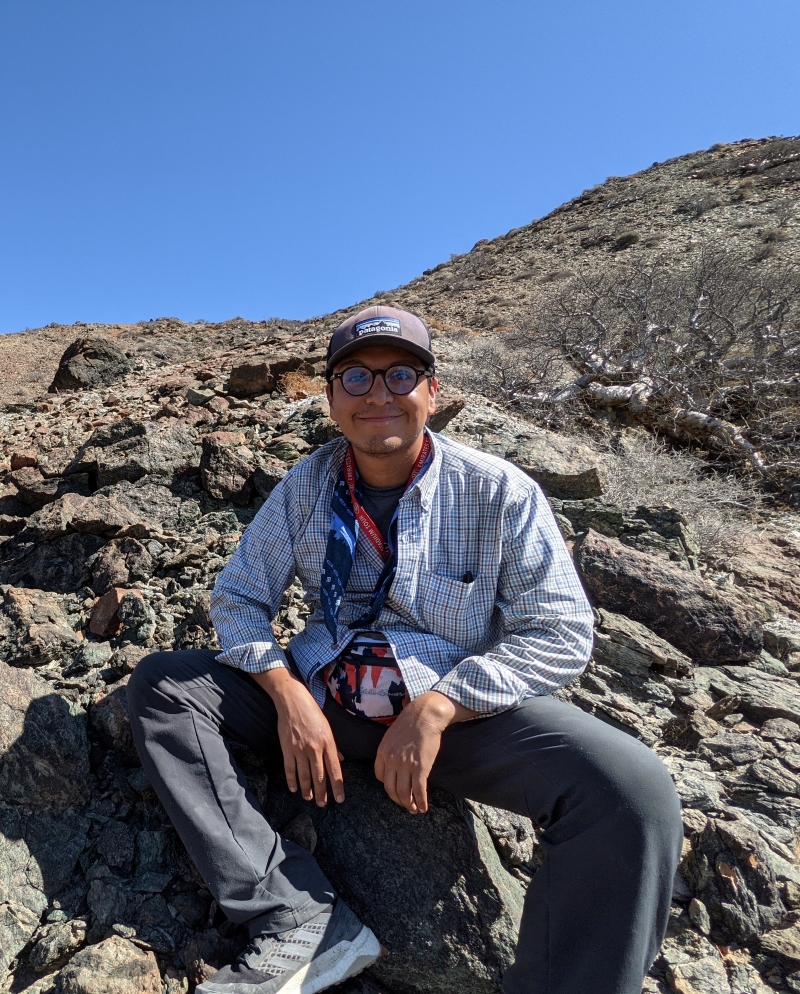B2F Cohort Corner: David Hernández Uribe
x

After completing time as a Bridge to Faculty (B2F) scholar and transitioning to an assistant professor position, David Hernández Uribe is sharing his insights and experiences with the program.
Hernández Uribe was a member of the 2022 B2F cohort in Earth and Environmental Sciences.
What motivated you to apply for the B2F Program?
I was motivated to apply to this program because it provides two years of postdoctoral research experience during which mentoring on how to transition to a faculty position is provided. For me, this was key because it gives you enough time to set solid foundations as a scientist prior to starting a faculty position. Another reason that motivated me was the idea of being part of an institution like UIC that would help me not only to excel as a scientist but also to have an impact on Latino and Hispanic students.
What is the focus of your work in this program?
My research focuses on understanding how mountain belts form and what happen when continents collide. I investigate how the transformation of minerals and rocks as a function of changes in pressure and temperature (known as metamorphism) affects the physical and chemical properties of the tectonic plates as they sink deep on Earth. An important aspect of my research is to study how metamorphism contributes to earthquakes and the formation of mineral deposits in areas where tectonic plates collide. Part of my work involves the analyses of rocks that have been exposed to the surface over time to understand their history as well as computational modeling.
In what ways has this program impacted your work?
This program allowed me to keep carrying on with my research, while I was mentored by my department and university on how to transition to a faculty position. It provided me time to envision and write project proposals and finish writing papers that allowed my research program to take off and thrive prior to starting a faculty position.
Furthermore, this program has helped me visualize the implications of my work for society. For example, during my postdoctoral work at UIC, my research has been evolving towards understanding the formation of earthquakes and the mineral deposits in Mexico.
What are your hopes for how you will take your experiences with the B2F Program into your future professional endeavors?
Being a B2F scholar provided me with strong foundations as a scientist. My hope is that all such experience will help my research program to thrive and make a healthy research group where students feel welcome and valued in the same way I felt during my B2F postdoc.
In your opinion, what are the larger impacts of the B2F Program?
This program helps researchers from historically underrepresented groups (in my case, in STEM) to find a place in academia and get a correct and healthy mentoring prior to starting their faculty position.